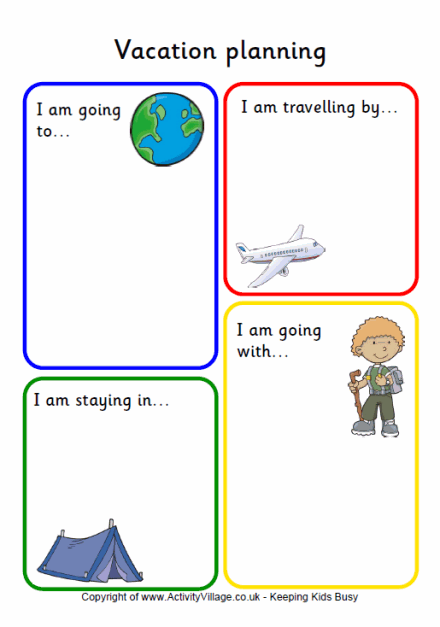Traveling with kids can be one of the most rewarding experiences for a family, offering a chance to create lasting memories and explore new places together. However, it can also be challenging and stressful if not well-planned. Here’s an engaging and easy-to-read guide to help make your family adventures fun and stress-free.
Planning is Key
Involve the Kids: Let them pick activities or places they are interested in. This will make them feel included and excited about the trip.
Pack Smart: Create a packing list for each member of the family. Remember to include comfort items for your kids like a favorite toy or blanket.
On the Road
Snack Wisely: Pack a variety of healthy snacks to keep hunger at bay.
Schedule Breaks: Plan for regular breaks during long drives or flights. Use this time for bathroom breaks, stretching, or just to let the kids run around and burn off some energy.
Accommodation Tips
Room to Relax: Consider booking a suite or an apartment with separate sleeping areas. This allows for bedtime routines to continue uninterrupted and gives parents a space to relax after the kids are asleep.
Exploring Your Destination
Balance Activities: Mix up your itinerary with both kid-centric and adult-oriented activities. Museums, parks, and interactive exhibits are great for the whole family.
Stay Flexible: Be prepared to adjust your plans. Kids can be unpredictable, and sometimes a planned activity might not work out. Having a backup plan or being willing to take a day off can be a lifesaver.
Safety First: Always keep an eye on your children, especially in crowded places. Consider using wristbands with your contact information just in case you get separated.
Dining Out
Off-Peak Dining: Try to eat at off-peak times to avoid long waits that can test any child’s patience.
Bring Supplies: Have a small kit with essentials like wipes, bibs, and utensils suitable for your child’s age.
Unwinding After a Day of Adventure
Stick to Routines: As much as possible, stick to your home routines. Keeping familiar bedtime rituals can help kids feel secure and settle down more easily in a new environment.
Reflect on the Day: Take some time to talk about the day’s adventures. This is a great way for the family to bond and for the kids to process their experiences.


.jpeg)




Comments
Post a Comment